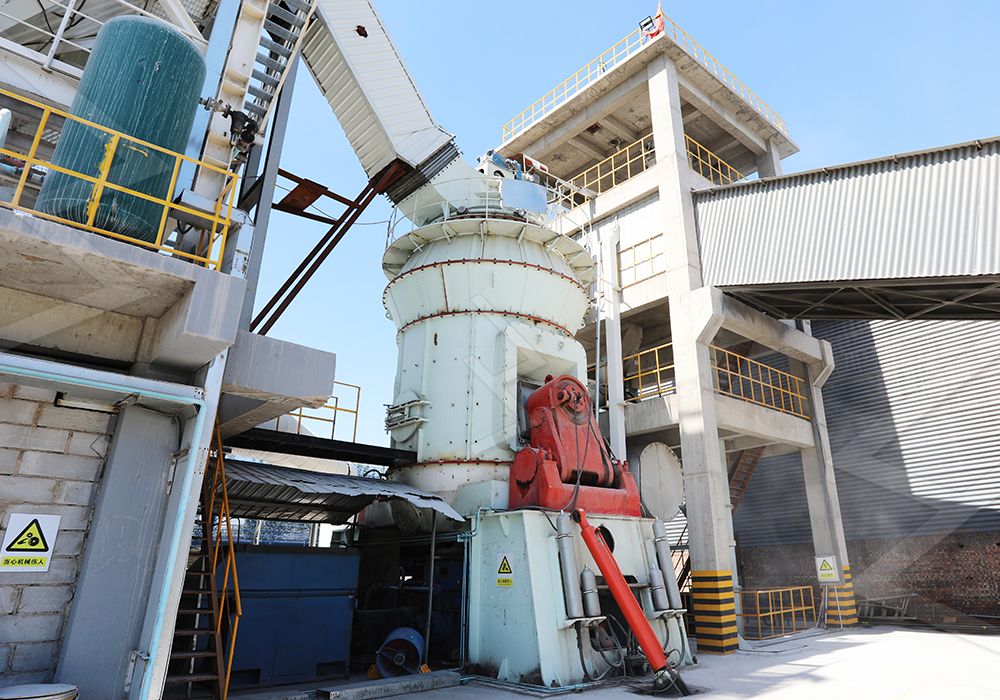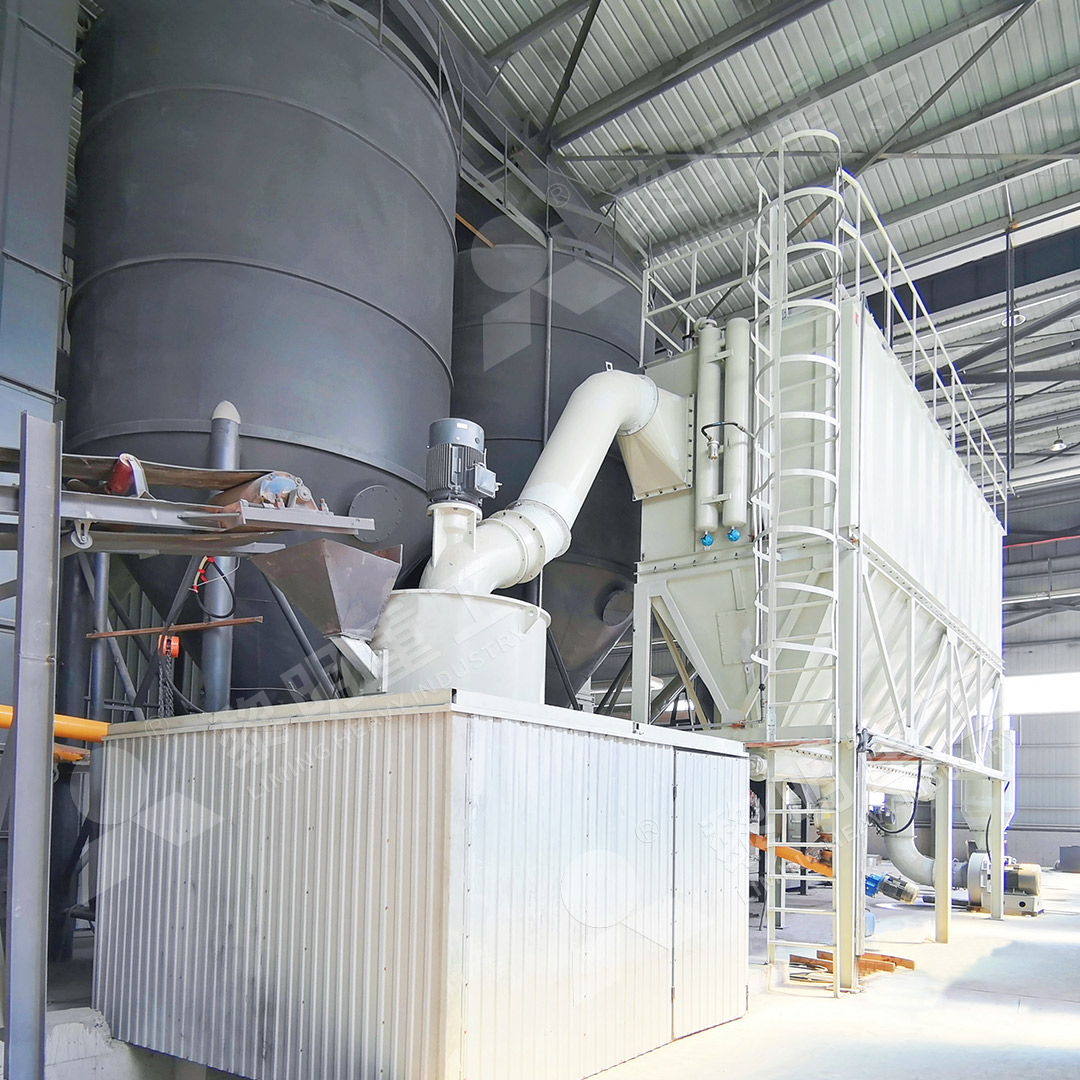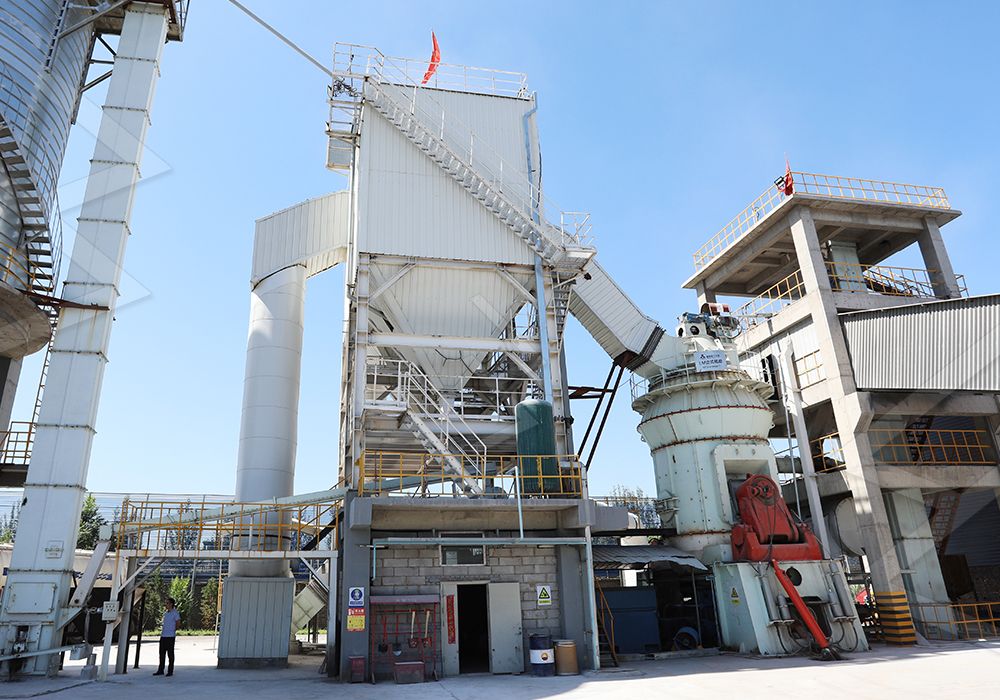Applications of Vertical Mill in Chemical Industry Processing
We provide a wide range of mills — including Raymond mill, trapezoidal mill, vertical mill, ultrafine mill, and ball mill, obtained ISO9001 international quality certification, EU CE certification, and Customs Union CU-TR certification. Suitable for processing minerals such as limestone, phosphate, quicklime, kaolin, talc, barite, bentonite, calcium carbonate, dolomite, coal, gypsum, clay, carbon black, slag, cement raw materials, cement clinker, and more.
The discharge range of these mills can be adjusted to meet specific processing needs, typically from 80-400 mesh, 600-3250 mesh, and can achieve the finest particle size of up to 6000 mesh(D50).
If you are looking for a reliable grinding solution to turn stone or minerals into fine powder, please feel free to contact our online customer service.
Applications of Vertical Mill in Chemical Industry Processing
The chemical processing industry demands precision, efficiency, and reliability in its size reduction operations. From producing fine powders for pharmaceuticals to grinding raw materials for paint formulations, the choice of grinding equipment significantly impacts product quality, operational costs, and environmental compliance. Vertical roller mills have emerged as a superior solution for numerous chemical processing applications, offering advantages over traditional ball mills and horizontal grinding systems.

Chemical processing often requires precise control over particle size distribution, as this directly affects product performance characteristics such as dissolution rates, reactivity, and suspension stability. Vertical mills excel in this regard, providing consistent fineness control while handling a wide range of materials including limestone, talc, barite, and various chemical compounds. The closed-system design prevents contamination and minimizes product loss, crucial factors in chemical manufacturing where purity standards are stringent.
Key Advantages in Chemical Applications
Vertical grinding mills offer several distinct benefits specifically valuable to chemical processors. Their compact footprint reduces facility space requirements, while integrated drying capabilities allow simultaneous grinding and moisture removal. The ability to process heat-sensitive materials without degradation makes vertical mills suitable for temperature-critical chemical compounds. Additionally, advanced sealing systems prevent cross-contamination between product batches, ensuring consistent quality in multi-product facilities.
For operations requiring ultra-fine powders with precise particle size distribution, the MW Ultrafine Grinding Mill presents an optimal solution. With an adjustable fineness range between 325-2500 meshes and capacity of 0.5-25 tph, this equipment meets the demanding specifications of chemical applications such as paint pigments, cosmetics, and pharmaceutical ingredients. The mill’s innovative design eliminates rolling bearings and screws in the grinding chamber, significantly reducing maintenance concerns and potential contamination points.

Environmental and Operational Considerations
Modern chemical plants face increasing pressure to minimize environmental impact while maintaining profitability. Vertical mills address both concerns through reduced energy consumption—typically 30-40% less than traditional ball mills—and integrated pollution control systems. The MW Ultrafine Grinding Mill, for instance, incorporates efficient pulse dust collection and noise reduction technologies, ensuring compliance with stringent environmental regulations without compromising processing efficiency.
The chemical industry’s shift toward continuous processing aligns perfectly with vertical mill capabilities. These systems support 24/7 operation with minimal downtime, thanks to external lubrication systems and accessible maintenance features. For facilities processing multiple materials, quick changeover between products is facilitated by thorough cleaning access and minimal residual retention in the grinding chamber.
Material-Specific Applications
Different chemical sectors benefit from vertical mill technology in distinct ways. In pharmaceutical manufacturing, the ability to produce consistent sub-10-micron particles directly impacts drug bioavailability. Paint and coating manufacturers value the narrow particle distribution for optimal pigment dispersion and hiding power. Specialty chemical producers appreciate the flexibility to process diverse materials from soft talc to moderately hard minerals without equipment modification.
Another excellent option for chemical processing is the LUM Ultrafine Vertical Grinding Mill, which handles input sizes up to 10 mm with capacities of 5-18 tph. Its reversible structure simplifies maintenance, while multi-head powder separating technology provides exceptional control over final product specifications. The LUM mill’s double position-limiting technology ensures operational stability even during power fluctuations or feed variations common in chemical plants.

Future Trends and Developments
The evolution of vertical mill technology continues to address chemical industry needs through improved automation, digital monitoring, and predictive maintenance capabilities. Integration with plant control systems allows real-time adjustment of grinding parameters based on upstream and downstream process conditions. These advancements further enhance the position of vertical mills as the preferred size reduction solution for modern chemical processing facilities seeking to optimize both product quality and operational efficiency.
Frequently Asked Questions
What makes vertical mills particularly suitable for chemical processing?
Vertical mills offer closed-system operation that prevents contamination, precise particle size control, energy efficiency, and the ability to handle heat-sensitive materials—all critical factors in chemical manufacturing.
How does the MW Ultrafine Grinding Mill address maintenance concerns in continuous operations?
The MW mill features no rolling bearings or screws in the grinding chamber, eliminating common failure points. External lubrication allows maintenance without shutdown, supporting 24/7 production requirements.
Can vertical mills handle abrasive materials common in chemical processing?
Yes, modern vertical mills incorporate wear-resistant materials in critical components and design features that minimize abrasive wear, extending operational life even with challenging materials.
What environmental benefits do vertical mills provide?
Vertical mills typically consume 30-50% less energy than traditional ball mills and incorporate integrated dust collection systems, reducing both operating costs and environmental impact.
How do vertical mills ensure product consistency in chemical applications?
Advanced separation technology, stable grinding conditions, and precise control systems maintain consistent particle size distribution, crucial for chemical product performance and quality.
